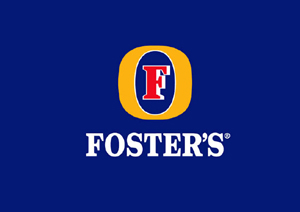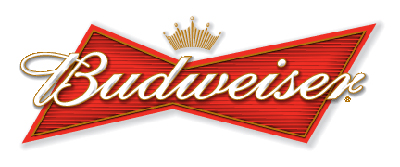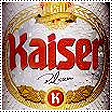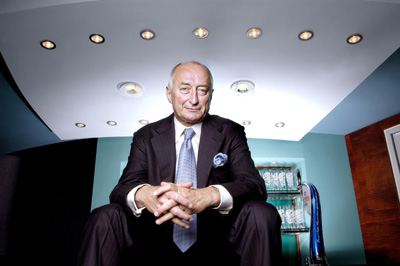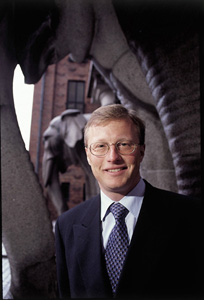The Americas
In July, Coca-Cola FEMSA, the world’s second-largest Coke bottler, announced that Mexico’s antitrust regulator has approved its USD 380 million joint acquisition with Coca-Cola Co. of juice maker Jugos del Valle.
The Americas
Trust the analysts to have learnt the first rule of tabloid journalism: you only have to repeat an allegation several times and, surprise, surprise, it will come true. The same seems to be happening right now in the U.S., where analysts have argued that a merger between Anheuser-Busch and InBev was inevitable.
The Americas
Remember Löwenbräu? The famous German imported beer that started to decline once it was brewed in the U.S. Now Foster’s is tempting fate as it entered into an agreement with SABMiller to brew the Foster’s Lager brand in two Miller breweries.
The Americas
Organic ales, lagers and pilsners are increasingly squeezing their way into retail coolers alongside non-organic beers. With Wal-Mart’s decision to go big time into organic food and Anheuser-Busch’s launch of two organic beers in 2006, “organic” has become mainstream -- and big business.
The Americas
FEMSA will continue to be the exclusive brewer, distributor, marketer and seller of Heineken beer in Brazil.
The Americas
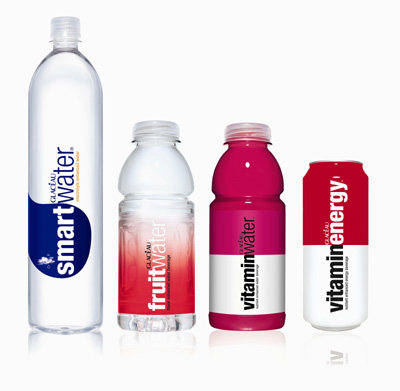
Coca-Cola Co. said it agreed to acquire Energy Brands Inc., also known as Glaceau, for USD 4.1 billion in cash in a move to boost its presence in the fast-growing “enhanced-water” and energy-drink markets.
The Americas
SABMiller reported a 10 percent rise in annual earnings for the year to 31 March 2007 but warned over rising commodity prices, especially aluminium beer cans.
The Americas
In the second half of 2007, Mexico’s number one brewer, Grupo Modelo, will start to import and distribute Carlsberg.
The Americas
Following consumer protest that its flavoured alcoholic beverage Spykes invites underage drinking, Anheuser-Busch decided to pull the product off the market.
The Americas
Looks like the competition watchdogs are waking up to the perils of too much market consolidation. In an effort to maintain some sort of – even limited – competition, Mexico’s authorities have said “no” to FEMSA’s acquisition of juice maker Jugos del Valle.


